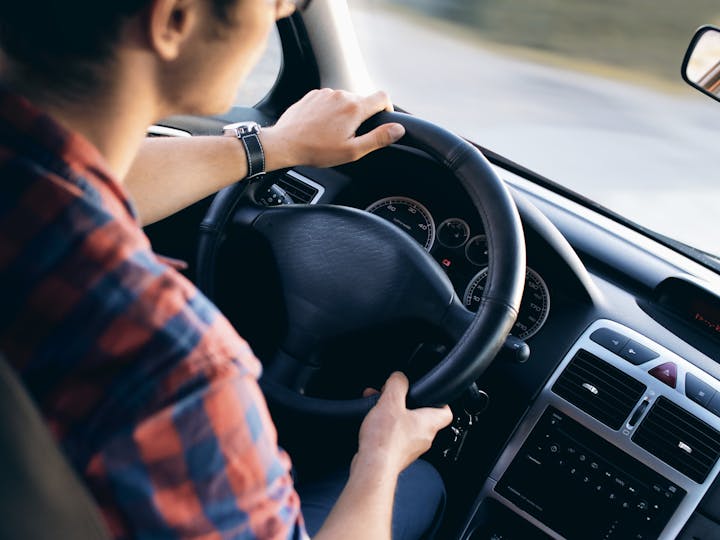Unfairly Blamed for a Crash? Here’s How to Dispute the Claim

No one expects to be in a car accident, and even fewer expect to be blamed for one they didn’t cause. But it happens. Sometimes the facts are misunderstood. Sometimes the other driver is just louder or faster with their version. Either way, if you’ve found yourself blamed for something that wasn’t your fault, it’s a frustrating and stressful place to be.
Fault matters. It affects your insurance, your driving record, and your right to compensation. If the responsibility is put on you unfairly, you should know that you don’t have to accept it.
This article shows you how to push back when you’ve been wrongly blamed for a crash and what steps you can take to correct the record.
Look Into Dash Cam or App-Based Footage
Even if you didn’t have a dash camera, someone else nearby may have. Many vehicles these days have cameras constantly running in them, especially rideshare vehicles like Uber or Lyft. If another driver or witness assisted in the incident, see if they recorded anything. Even a brief video clip can help support what actually took place.
Additionally, search your own phone. If you used Google Maps, Apple Maps, or Waze for navigation prior to the crash, your driving history may be saved with the app at some level, which can store route, speed, and direction prior to the crash, as well as maybe support your side if someone claims you were speeding or swerving.
If you do find someone with video, be sure to ask them to save it immediately. Many dash cameras record over top of older files, after shorter periods of time.
When to Get Help with Disputing Fault
If your insurer or the other driver’s insurer finds you at fault and you believe that’s wrong, don’t just accept it. You have every right to challenge that decision. The process can be frustrating, but the outcome is often worth the effort.
Understanding how to dispute car accident fault is the first step. You’ll need clear evidence, accurate documentation, and possibly expert input to strengthen your side. This might include statements from neutral witnesses, diagrams that show what happened, or even analysis from an accident reconstruction specialist.
While you can begin gathering materials on your own, this is also the point where a skilled personal injury attorney can step in and make a real difference. These professionals know how fault is assigned, what insurance companies respond to, and how to build a case that gives you the best shot at proper compensation. They are trained to see the gaps and inconsistencies in the claim against you and can help position your case for a stronger outcome, whether through negotiation or legal action if needed.
Disputes over fault are not always quick. It could take time, especially if it ends up in arbitration. But with the right support and steady documentation, the truth often finds its way forward.
Revisit the Scene Later
Try to go back to the place where the crash happened. If you can, go at the same time of day. Look at how the road, traffic, and lighting appear. You may notice something you missed earlier, like a blocked sign, a hidden turn, or a sharp bend in the road.
Pay attention to things like:
- a stop sign covered by branches
- broken or faded road lines
- glare from the sun that made it hard to see
- a curve or parked car that created a blind spot
Take photos or short videos while you are there. They can help explain why you drove the way you did. This kind of proof is useful when talking to insurance companies or lawyers.
Avoid Quick Decisions After a Crash
When you’re wrongly blamed for an accident, emotions can run high. Anger, frustration, fear. It’s a lot to deal with. But staying calm and focused will help you make better choices. Rushing to close the claim just to move on might cost you more in the long run.
Disputing fault takes effort, and sometimes it won’t be resolved quickly. But if you’re genuinely not at fault, the work is worth it. Standing up for yourself isn’t just about money. It’s also about setting the record straight.
Give yourself space to breathe and think clearly before responding to pressure from insurance companies or others involved.
Final Thoughts
Getting blamed for something you didn’t do is never easy, especially when it involves something as serious as a car accident. But there are ways to challenge the claim, prove the truth, and protect yourself. You don’t need to be a legal expert to take the first steps. Be thorough. Be smart. And most importantly, don’t give up just because someone says you’re at fault. The facts matter, and they’re worth fighting for. Even when the system feels stacked against you, persistence can make a real difference. The right actions, taken early and backed by the right support, can shift the outcome in your favor.
